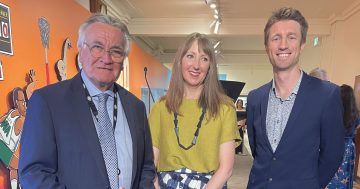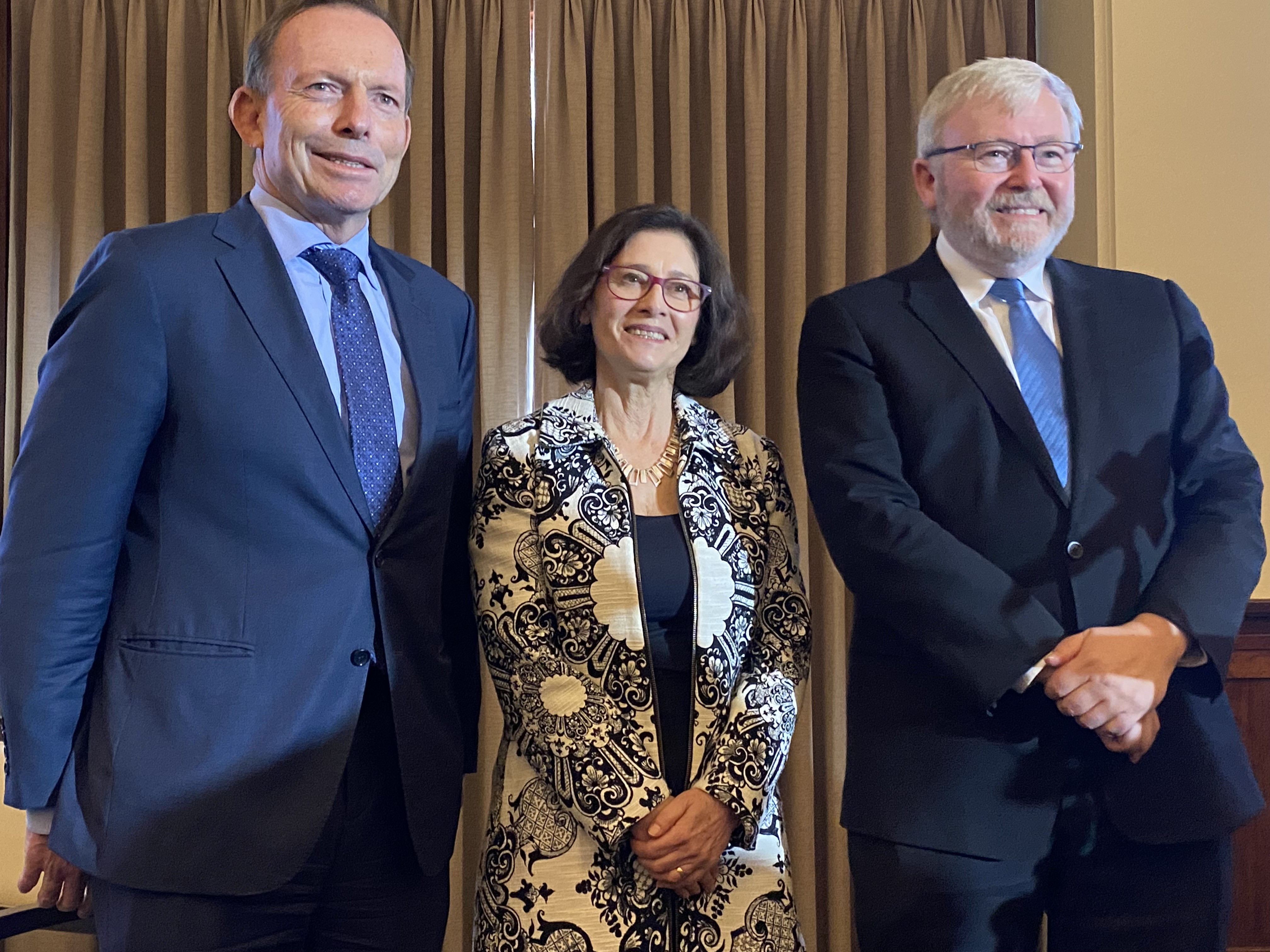
MoAD director Daryl Karp with former Prime Ministers Tony Abbott and Kevin Rudd at the museum’s re-opening and exhibition launch. Photo: Claire Fenwicke.
In a room jam-packed with patrons, academics, guests, school children and former politicians, the Museum of Australian Democracy (MoAD) was welcomed back with gusto today, 28 April.
The museum, situated in the National Heritage-listed Old Parliament House, has been shut since 30 December 2021, after fire damaged the front façade during protests.
Seeing it full of people again enjoying a new exhibition was the “icing on the cake” for MoAD director Daryl Karp AM.
“I cannot begin to describe how excited I am, it’s a mirror image to the devastation I felt when the fire happened and we had to close,” she said.
“This museum’s value is in how it’s used by Canberrans, by Australians, by our visitors, and to have a new exhibition as part of the reopening is particularly rewarding.
“A museum without visitors is a deeply sad place indeed.”
A smoke ceremony was held yesterday ahead of the reopening, an act Ms Karp described as “significant”.
“Especially given the most recent ‘smoking ceremony’ resulted in quite devastating damage to the building,” she said.
“But now we’re polished, shiny and deeply excited to welcome everyone back.”

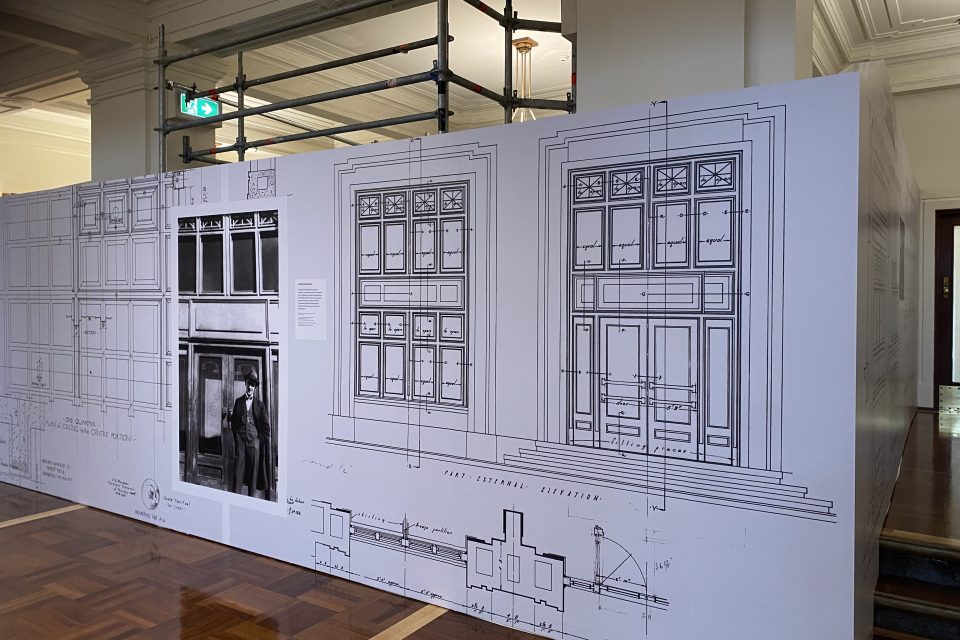
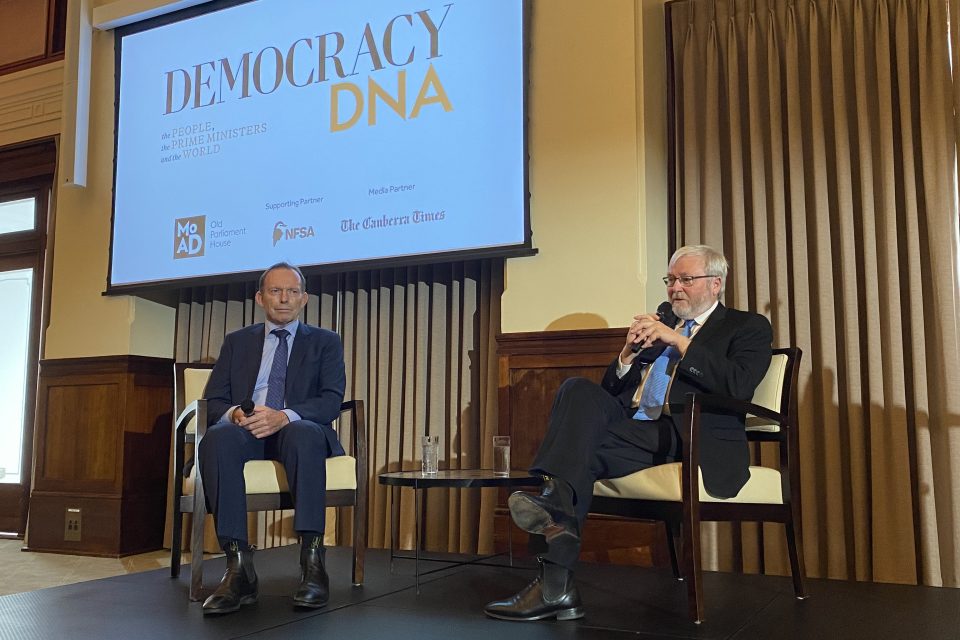
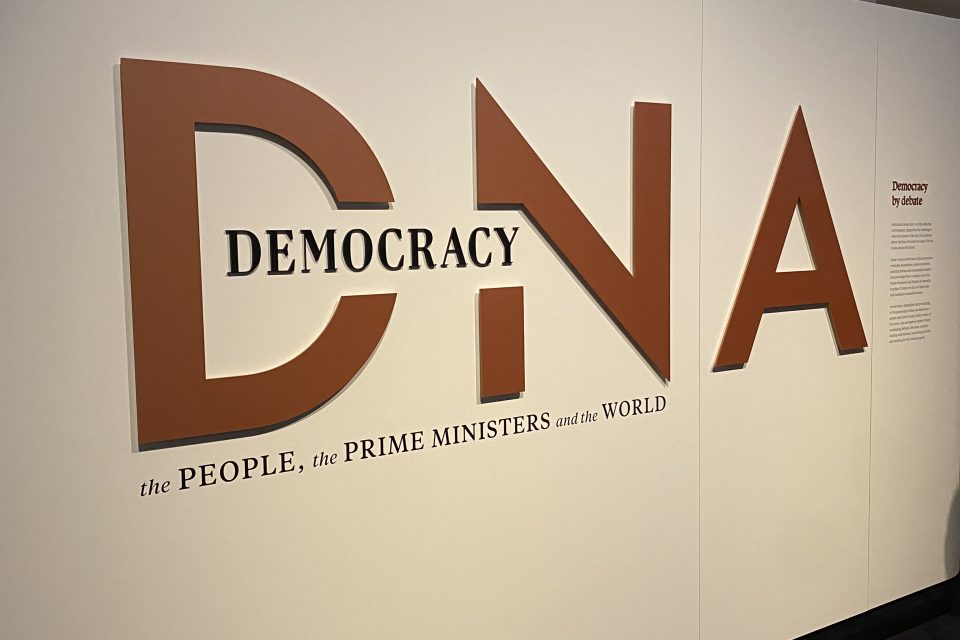
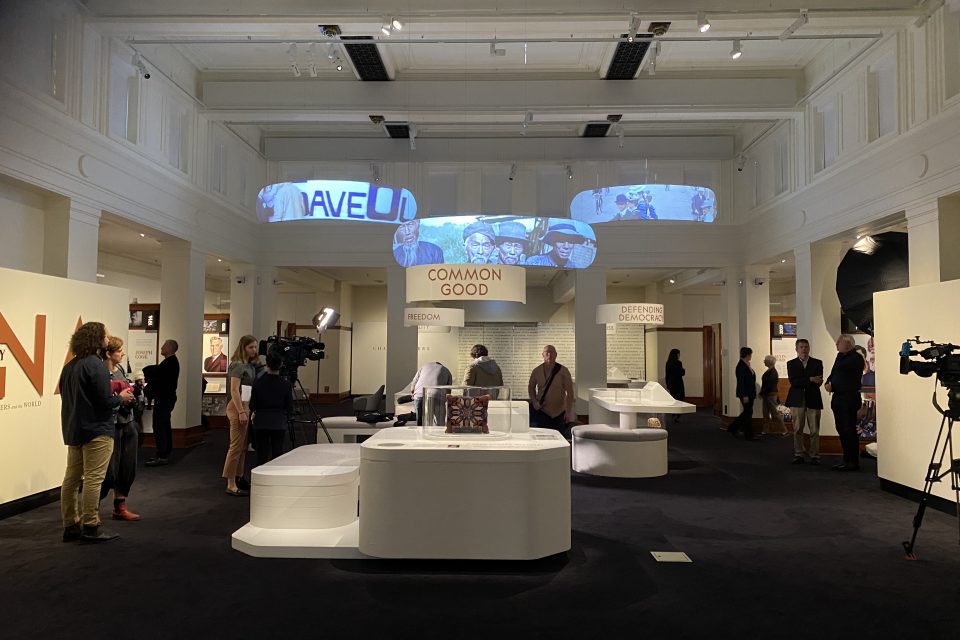
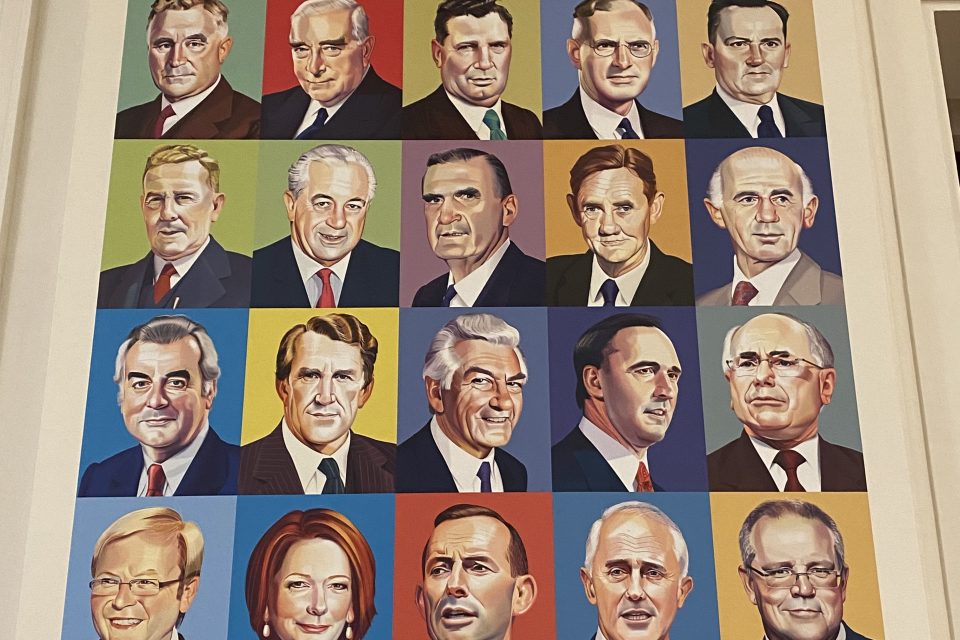
New patrons and former Prime Ministers Tony Abbott and Kevin Rudd took part in the launch of the new permanent exhibition, titled “Democracy DNA: the People, the Prime Ministers and the World”.
It invites visitors to explore the events that shaped the nation and discover the stories of the people who shaped our democracy.
Mr Rudd said preserving the history of our democracy was incredibly important, particularly given the current climate.
“Democracy is not necessarily the permanent condition of humankind,” he said.
“[Democracy is] the freedom to choose and with equal to choice to all of us – and this is no small thing, it can easily be snatched away.”
Mr Abbott agreed, also stressing the importance of leadership not just at a political level but in everyday life.
“Often the best leaders aren’t the people in elected positions, but the people who write the books, sing the songs, and inspire us to be the best we can,” he said.
“We need leadership everywhere, in families, in business, in neighbourhoods and communities across Australia.”
While MoAD has reopened, the main entrance is still inaccessible, shrouded in scaffolding.
The damage from the fire has been immense, and a number of people have been charged over the alleged arson attack, and are currently before the courts.
Ms Karp said it’s hoped the restored doors will be able to be re-hung in August.
“One of the main things holding us up has been the weather,” she said.
“Apart from the doors and the damage to the portico, the heat of the fires shattered the tiles and tore the membranes underneath.
“As we pulled them back, we discovered each layer was leaking, all the way down to the 1927 layer, so it will all need to be re-done.”
The front doors of the building were designed in 1924 by Commonwealth Chief Architect John Smith Murdoch, fashioned from the wood of the Western Australia jarrah tree.
According to MoAD spokesperson Nina Enever, the jarrah’s density made the door naturally fire-resistant.
“Though Mr Murdoch didn’t know it at the time, his choice of wood would later help protect the building from being engulfed by flames some 95 years later,” she said.
The doors stood shining as Old Parliament House was officially opened by the Duke and Duchess of York in 1927, while Dame Nellie Melba sang God Save the King.
The fire late last year quickly spread to the portico, front steps and doors of OPH, causing major damage throughout the building. However, while they were blackened and scorched, their windows gone, the doors still stood.
They were then removed in early February 2022 by a conservation team, carefully enveloped in foam wrap and gently wheeled into a van to be taken to Sydney for their restoration.
“Repairing near century-old doors is not a simple task,” Ms Enever said.
“No quick lick of paint or spritz of superglue will fix the damage done in December. The most crucial step of the long path to restoration is taking precise measurements of the remains of the doors.
“This will undoubtably prove extremely difficult, as the doors are only partially intact.”
The door’s brass doorknobs and push panels were excavated from the ashes, damaged but not unsalvageable.
While the doors will need new glass, new decorative finishings and a new top layer of wood, the original jarrah core will remain.
But it’s not the end of their story.
“For doors that have seen so much history already, this chapter will one day be part of their story,” Ms Enever said.












